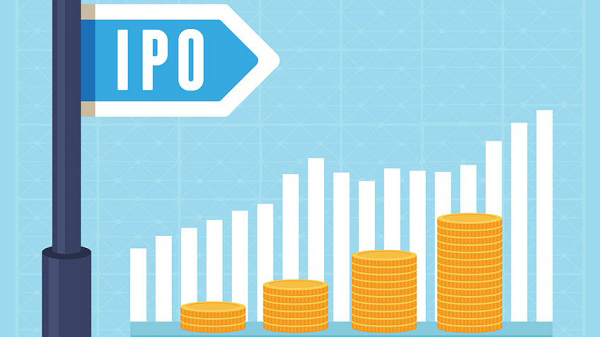Fraudulent virtual asset trading platforms

If someone recommends a virtual asset trading platform, saying that there will be investment experts providing investment tips and teaching you how to invest, while others claim to have made profits trading through it already, would you be tempted to give it a try? If you think this maybe a good investment opportunity and wouldn’t mind putting in a bit of money to test the water, you may be a step closer to falling victim to a fraudster’s scheme.
Debunking the fraudsters
Fraudsters have numerous tricks up their sleeves. One of the typical ones is to invite investors to join chat groups via social media and instant messaging apps. In each of these chat groups, a so called "investment expert" will share investment tips, while other members boast about the expert's recommendations. Fraudsters will then encourage investors to download a trading app so that they too can trade virtual assets like the "expert" to make more money. On top of building a professional-looking trading platform and claiming to offer high yield investments at low risks, they may also have other means to earn your trust. For example, fraudsters may claim to have an overseas licence and are endorsed by celebrities. At the start of the scam, fraudsters typically offer initial gains and let the potential victims to withdraw small amount of money so they would lower their guards and become keen on investing more later. The fraudsters may even offer an attractive commission system to encourage referrals.
Soon enough, victims may find themselves having trouble making cash withdrawals from the platform. At this point the fraudster may have different excuses and request even more monetary contributions (for example, to pay for handling fees, guarantees or foreign taxes) to make cash withdrawals. At the end, the trading platform will cease operations, with the fraudster vanishing without a trace. The victims may not be able to recover their capitals, ended up suffering huge losses.
Truth be told, recommendations from a friend or endorsements by celebrities do not warrant reliable investments. In fact, your friends or the celebrities may also be victims themselves without realising it. It may be difficult to verify the platform’s overseas licenses, or it could be operating out of fraudulent companies. These are just some of the common tactics perpetrated by fraudsters.
Beware of high-yield and low-risk investments
Virtual assets are emerging products, with volatile prices involving different risks. While some may be optimistic about the future of virtual assets, they may not be fully aware of their nature, risks and operations. Scammers are quick to take advantage of this situation and fabricate investment swindles that claim to offer high yields with low risks.
Investments promising guaranteed high returns at low risks simply do not exist. The higher the potential returns, the higher the risks. Always do your own research before investing. What’s more, stay alert and beware of scams. Check the Securities and Futures Commission's (SFC) "List of suspicious virtual asset trading platforms" and the Police's "Scameter". If you suspect you have fallen victim to fraudsters or have enquiries about scam cases, contact the Hong Kong Police’s Anti-Deception Coordination Centre hotline on 18222 for help.
Investors interested in virtual assets should choose platforms licensed by the SFC to protect their interest. You can refer to the SFC's "List of licensed virtual asset trading platforms" which contains names and related information of licensed platforms.




